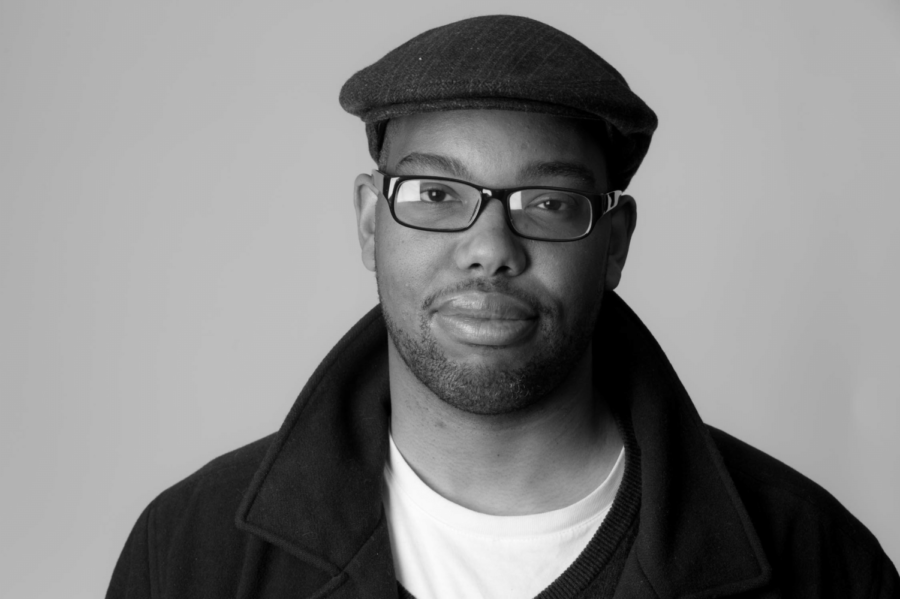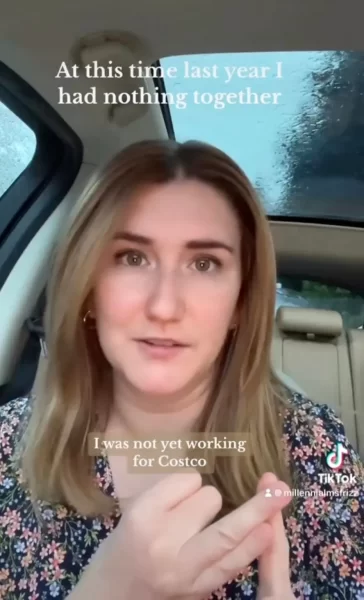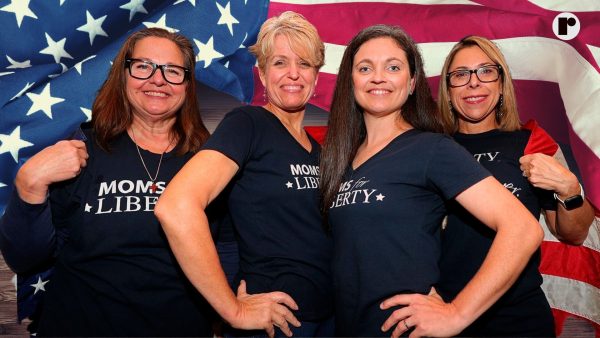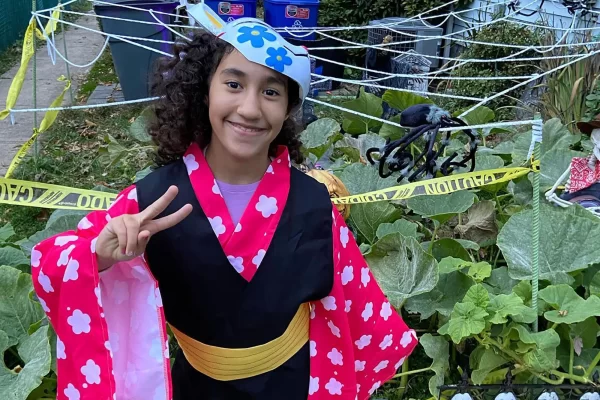A different opinion on an established issue
On July 14, 2015, Ta-nehisi Coates released his book, Between the World and Me, a rather pessimistic recollection of the racist reality of our world. Coates’s book was intended for his son, explaining to him the history of slavery, segregation, and racism, and how they still continue to play a role in our world today.
From a distant perspective, this book may seem touching, or even moving. However the reality of this novel is that it is simply a pile of pages filled with hopelessness and despair.
Through the deeper analysis of the message Coates conveys, one will see that Coates is, in fact, explaining a sorrowful future for our country. He explains that as long as there is a mountain, there will be a valley. Therefore, equality is a theoretical, and unrealistic concept.
He tells his son, “This is your country, this is your world, this is your body, and you must find some way to live within the all of it”. Amidst this advice, a pessimistic tone can be noted when Coates tells his son to learn to live within this world, rather than change it. Contrary to his clear distaste for racism, and its presence in this day and age, Coates does not speak of any action to be taken against it. This does not imply the lack of will for this change, moreso the inability that he believes for change in our country.
If change is not seen to be achievable, then what are we doing? What goal are we working towards as a society, and what significance do our efforts uphold? What Coates, along with many others, need to realize is that change does not happen without effort, passion, and lots of willpower. Change takes time, it takes blood and sweat, and it requires struggle.
Americans have struggled through slavery, and as a result slavery was abolished on December 18, 1865.
Then in 1964, The Civil Rights Act ended all state and local laws requiring segregation. To blatantly proclaim that our efforts to end racism are pointless and unsuccessful is simply untruthful. Although there is still progress to be made, and though it is true this issue has consumed much time and effort already, the equality we desire is achievable.
All across America, citizens continue to protest racism, and continue the anti-racism movement that began with Rosa Park’s famous “no”, and Martin Luther King Jr.’s “I Had a Dream” speech. Rosa Parks once proclaimed with a monumental influence, “Racism is still with us. But it is up to us to prepare our children for what they have to meet, and, hopefully, we shall overcome”.
“I refuse to accept the view that mankind is so tragically bound to the starless midnight of racism and war that the bright daybreak of peace and brotherhood can never become a reality… I believe that unarmed truth and unconditional love will have the final word,” Martin Luther King, Jr.
Perhaps this is simply the opinion of an ignorant girl who does not understand the fight, the lost, and the hardship many have endured. Or maybe this is the surge of optimism, positively, and hope that is missing from our culture.
A month later, at the Aspen Ideas Festival, Mayor Mitch Landrieu of New Orleans, and Ta-Nehisi Coates discussed “whether or not violence is ingrained in our lives past the point of control, and if efforts to reduce violence are still worth fighting for,” as stated in the Atlantic.
In this interview, Coates tells Landrieu, “I am highly skeptical that within one or two mayoral terms, I don’t know how long they give you guys down there, you can totally ameliorate a problem. It really goes back, I mean literally centuries. You know, you can be apart of it, you can take one step forwards, you can move us in the right direction, but we are talking about policies at the local level, state level, federal level, i’m just doubtful”.
The significance in this rather routine discussion on the political and social aspects of our country, lies in the opposing perspectives that was conveyed through Landrieu, “you’ve got to start somewhere, someone has to address the problem”.
Furthermore James Baldwin’s, Letter to my Nephew offers a unique perspective on this matter, again opposing Coates’s. Baldwin proclaims in this heartfelt legacy left for his nephew, “We with love shall force our brothers to see themselves as they are, to cease fleeing from reality and begin to change it, for this is your home, my friend. Do not be driven from it”.
The “thoughts and prayers” we constantly receive from political figures, or Ta-Nehisi Coates’s book, they are all missing the same thing: action.
What purpose does it hold to simply diagnose a problem we all know to be true, is this another mere flaw in our culture? Yes, racism is still alive today. Yes, mass shootings are a crucial issue. Yes, gun control is needed. Yes, our legal system is flawed. The question is what are we doing about it?
Ta-Nehisi Coates tell a story to his son, a story of his childhood in which he lived in a separate reality than the rest. A story of the horror, the sadness, and the racist history of America. Following this, he tells his son to submit to a hopeless reality, a hopeless world.
This is because he sees no change in history, and so, he sees no change for the future. However this man has forgotten that right here, right now, at this very moment we are creating history. The question should not be whether violence is a function of American culture, it should be whether violence will be a function of American culture.
If we have a breath in your lungs, a beat to our hearts, and a will, we can create change. No it will not be easy, in fact it will be extremely difficult, and harder than we have ever imagined, just as anything worth having is. But living in a racist world, allowing your children to grow up in a violent world is hard. So choose your hard. This battle for equality is not starting, nor is it not ending, rather we are amidst the change.

I am in 10th grade. I would like to become a lawyer. I took journalism because it seemed interesting.












